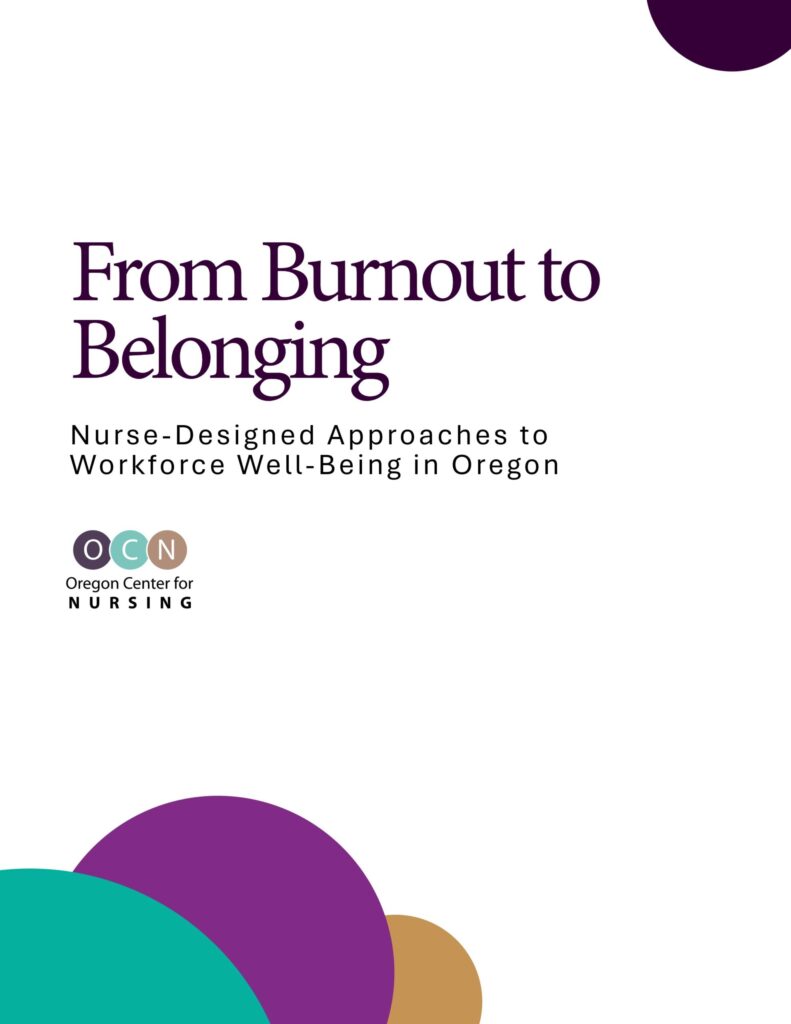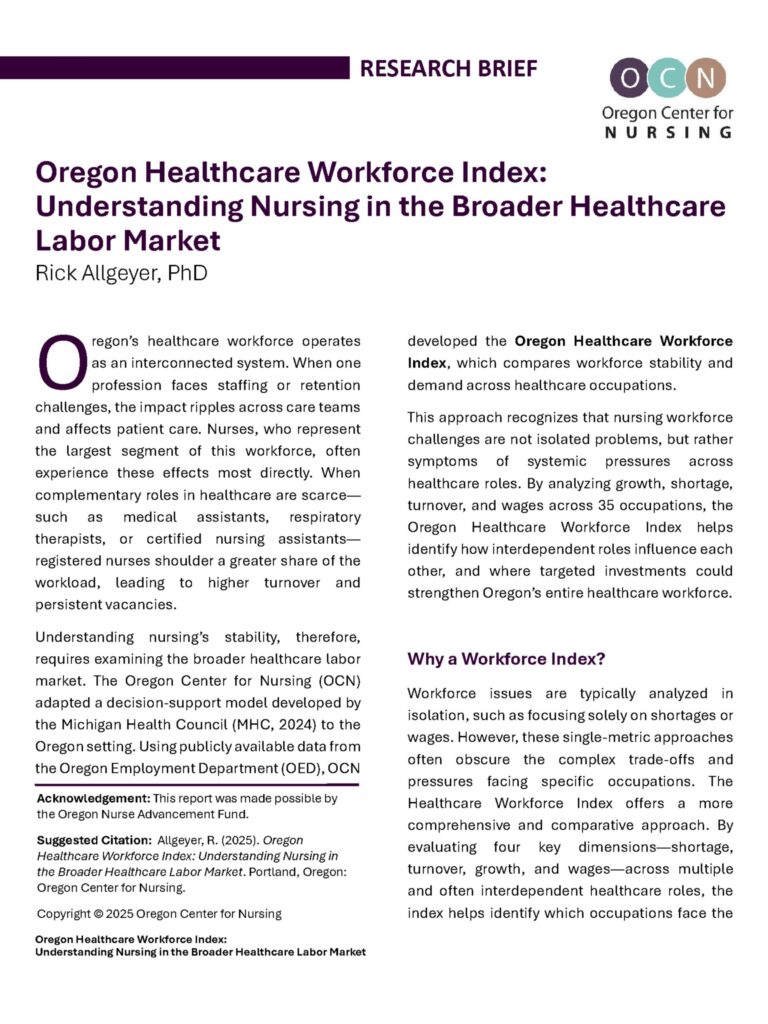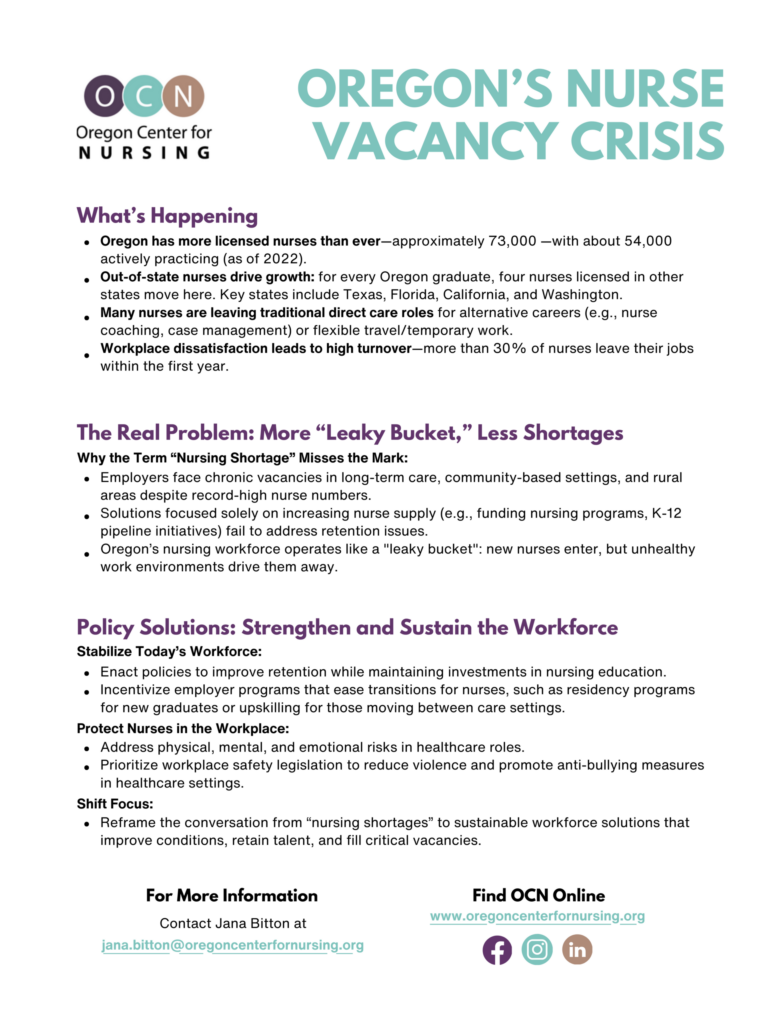Supporters of the Nurse Licensure Compact (NLC) cite streamlined access to licensure, cost savings, and increased workforce mobility as core advantages. The compact allows registered and licensed practical nurses to practice across state lines without needing additional licenses, offering flexibility for telehealth, disaster response, and cross-border employment.
Oregon has not adopted the NLC, and conversations at the state level reflect a complex balance of regulatory standards and workforce readiness. Concerns have included the alignment of background checks and education requirements, potential complications in enforcing discipline, and the ability to track in-state workforce data accurately.
The primer details how the compact is administered by the National Council of State Boards of Nursing and the steps states must take to join. It also highlights how notification systems like Nursys e-Notify support licensure transparency. Understanding these frameworks equips stakeholders with the information necessary for informed policy discussions in Oregon.


